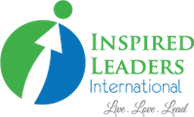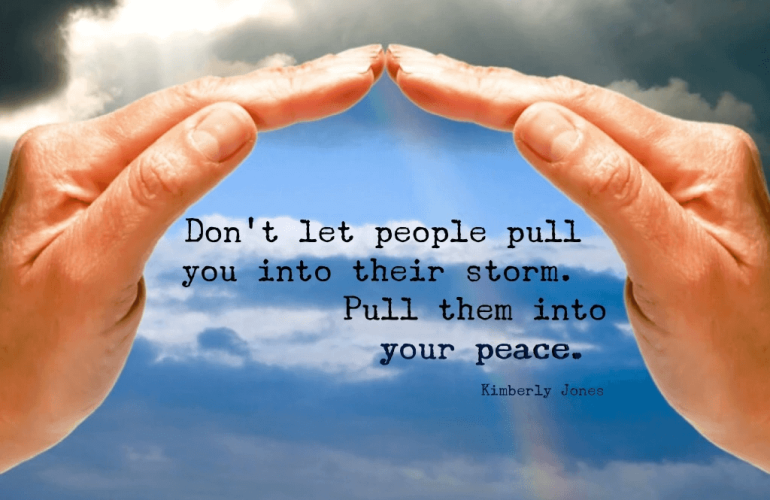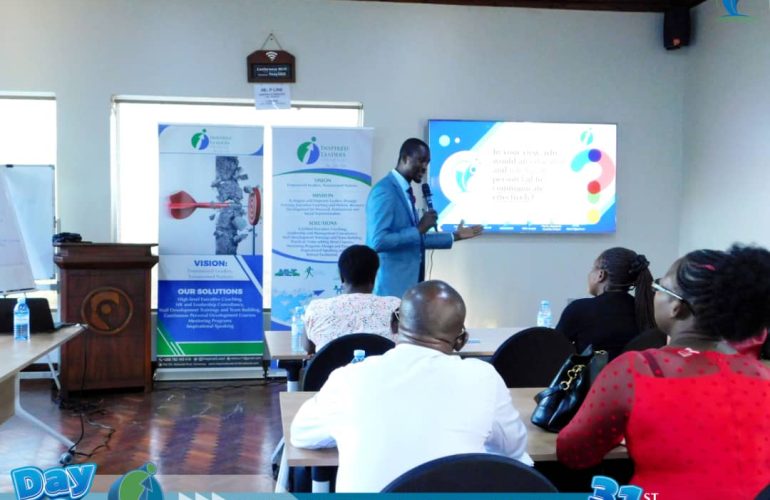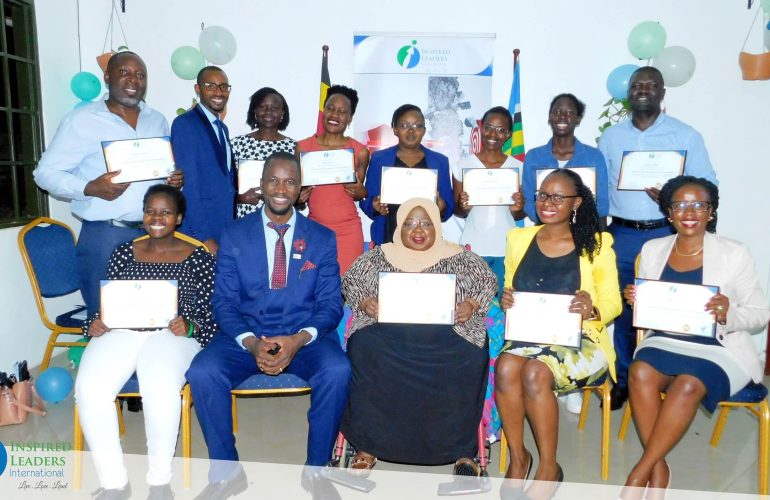World over, there is a growing emphasis on building teams to improve results. Personally, I’ve done Team Building Sessions (TBSs) for a wide range of entities both in public and private sectors. Research supports the notion that building great teams helps achieve set goals. As J.C. Maxwell says, “Teamwork makes the dream work.”
However, I want to expertly emphasize that teams do NOT work! Unconventional as it may sound, that’s the truth. I’ll tell you why, but to begin with, consider two insights:
- One, every vital variable in organizational development depends on another which depends on another that depends on another – all of which work together to make exponential results possible. The impact of some may more easily be felt than others but there isn’t a purely stand-alone factor for organizational development. (Leadership comes just close, intending no contradiction.) Whoever suggests one has probably seen your fat purse!
- Two, they say that two heads are better than one – a genuine statement that always flies across boardroom tables when team building plans are being discussed. However, it’s not about putting any heads together; it’s about what kind of heads are being put together! One good head may produce better results than three disorganized and uncoordinated ones.
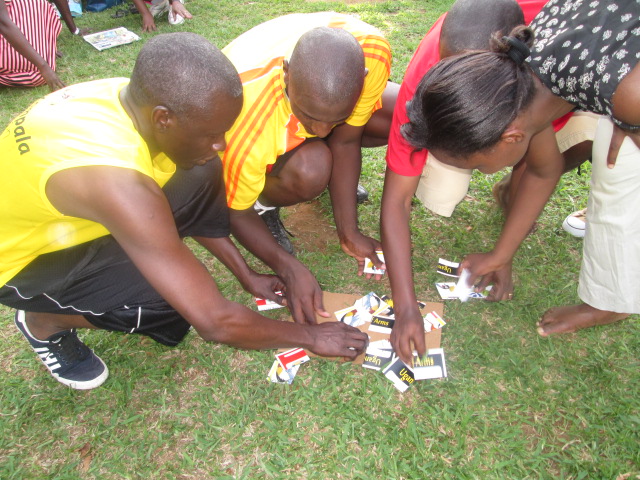
Having said this, objectively consider four major considerations why teams do NOT work:
- First, most entities carry out Team Building Sessions (TBSs) for the sake of carrying them out, not to build the team, probably due to some organizational policy requirements. I know an entity where remaining with money on the account by the end of the fiscal year means the line employee didn’t some tasks well – even if he rightly used cost-effective procedures and saved funds for more activities. As a result, such workers may not set specific objectives to achieve with the TBSs. They don’t engage the external facilitator in a healthy discussion to generate a solid plan for effectiveness of such sessions. Once the TBSs are only in place to prove that someone is working, a lot will be missed and the team will NOT work.
- Second, most people compromise on the investment needed for the results craved for. Once you cut corners, you risk reaping a corresponding cut in the value delivered. Many human capital developers will convince you that they’ve reduced on the “cost” but what actually happens is slicing off a certain corner of the final value delivered. (You may only hear this from me and nowhere else – no pun intended!) So whereas Churchill said that the price of greatness is responsibility, the price of organizational results, to me, is meeting the full investment required for the results craved for. What we put in is what we get out – ceteris paribus.
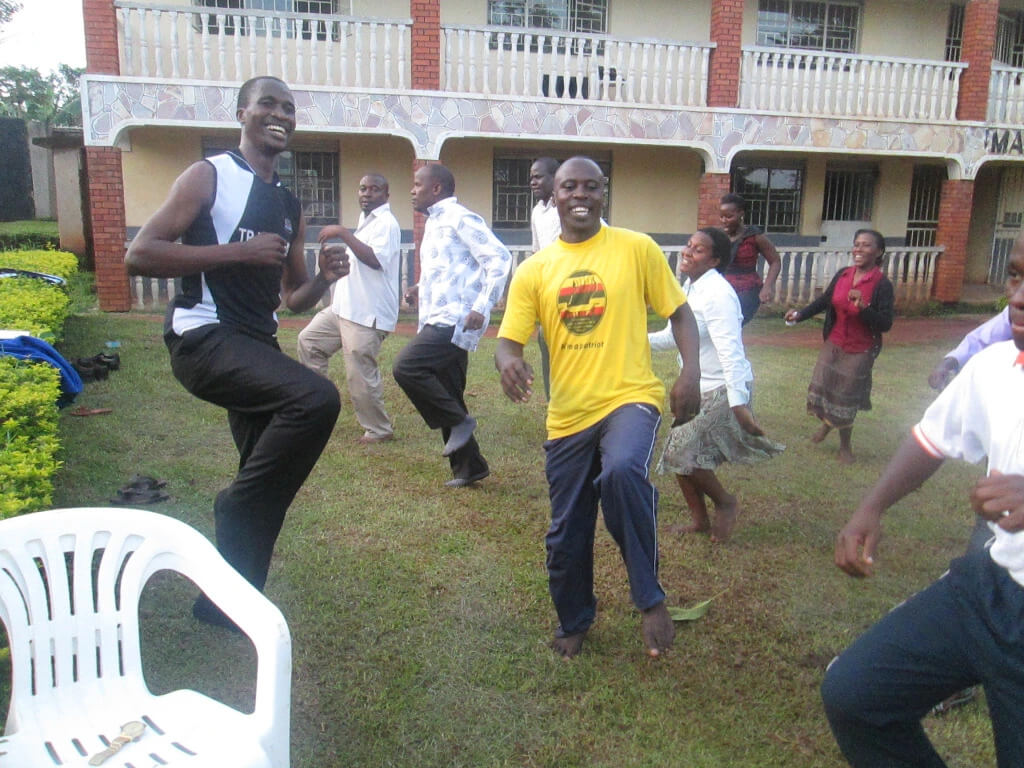
- Third, most entities do not sustain the energy generated during a one-off Team Building Session. They often insert it in between two “more important items” on the agenda during a strategic planning meeting. If TBSs are made an annual event, a cap is put on results. Many organizations are increasingly learning this and have monthly TBSs where staff meet and shake off stress. Once a lot of time passes by without deliberate efforts to sustain and even improve team cohesion, the cumulative stress and growing intra-team bad blood may not be easily bulldozed away in an annual two-hour session! The more often the sessions, the better the results.
- Fourth, the teams described above do NOT work because they have never been teams in the first place! All along, they’ve been GROUPS, not TEAMS. To put it differently, “teams” don’t work because most of them are groups – just a collection of individuals who are characterized by the following: they do not know each other. They communicate wrongly if at all they even try to. They focus much more on making their personal scores than achieving organizational goals. They do not trust one another at all and so are always looking over their shoulders. They ritualistically report at 8am, sign out at 5pm, wait for 30 days to elapse and get their bundle of paper notes! They are merely active and not productive, yet they are expected to be productive even if they were less active.
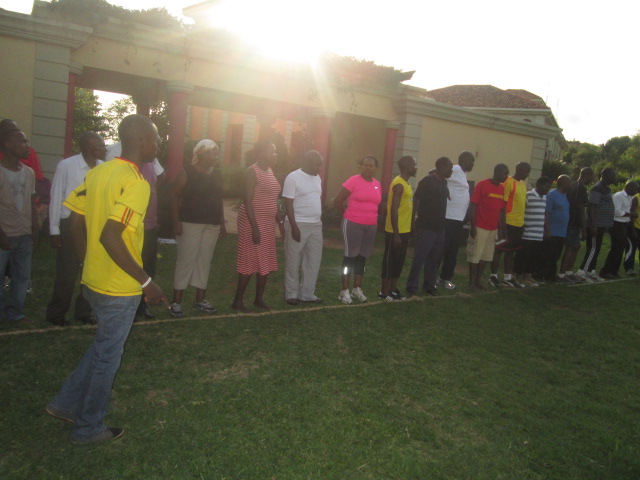
You realize that actually, teams are powerful tools for boosting performance only under the following quick conditions:
- That the Team Building Sessions (TBSs) are carried out with clear objectives to build the team, not for the sake of carrying out an activity.
- That these activities are made part of the organizational culture to sustain generated momentum for exponential results, not an annual insertion!
- That the organizational leaders do not take shortcuts on meeting the investment required for the results craved for, given that what we put in is what we get out.
- That groups get transformed into teams and teams into very productive dream families that know each other, communicate effectively and focus on achieving organizational goals together.
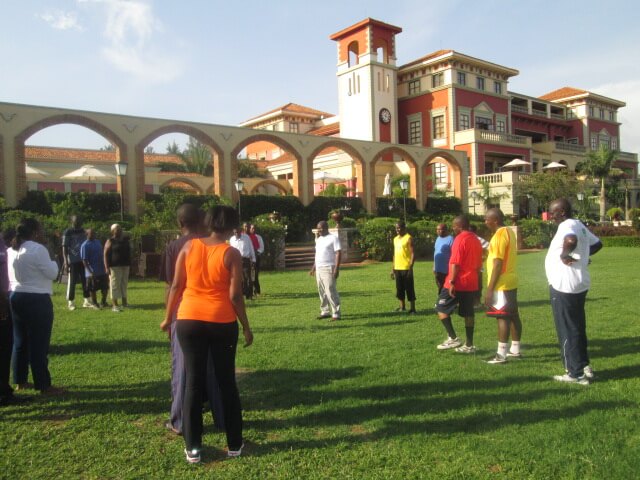
Therefore, what doesn’t work is not inherent in teams themselves but what we do with the people we put together – and how often we do it – in the process of assembling the most productive team. While Andrew Carnegie rightly said that “teamwork is the fuel that allows common people to attain uncommon results,” I add that the teams may not work unless the right things are done at the right intervals in the right place with the right people for the right reasons. If we continue doing what we’ve been doing, we’ll surely continue getting what we’ve been getting. To your success, as you build a great dream team.
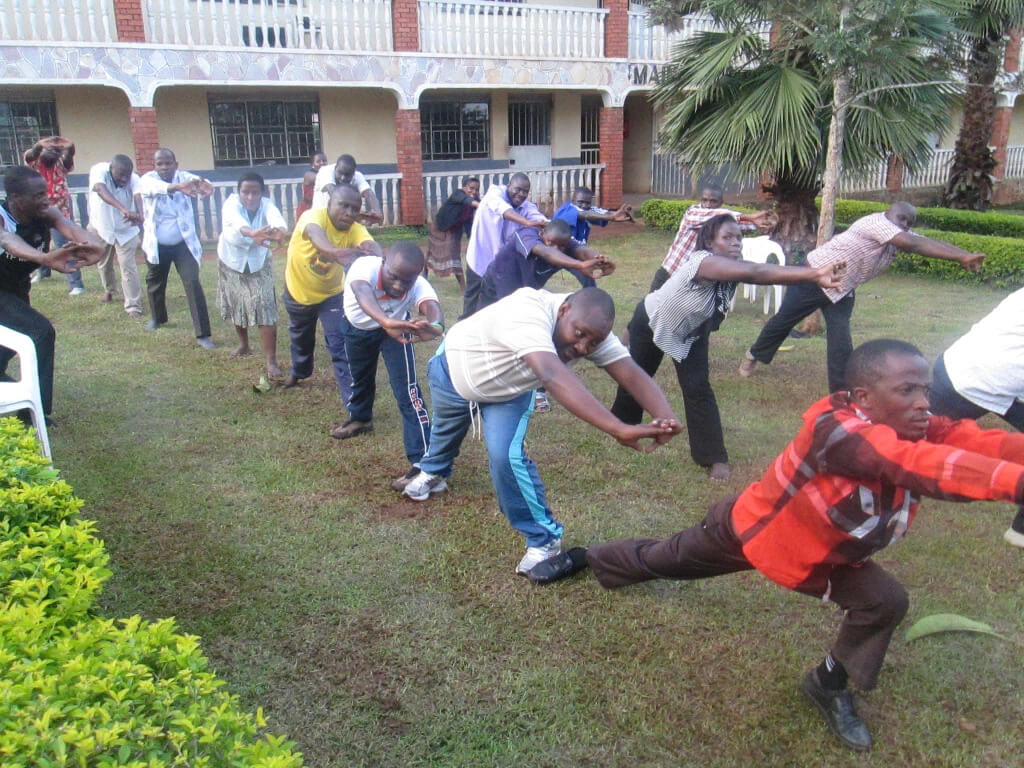
Samuel A. Bakutana, the National Coordinator of Delta Communities Uganda, is a Leadership Consultant, Inspirational Speaker and Personal Development Author.
